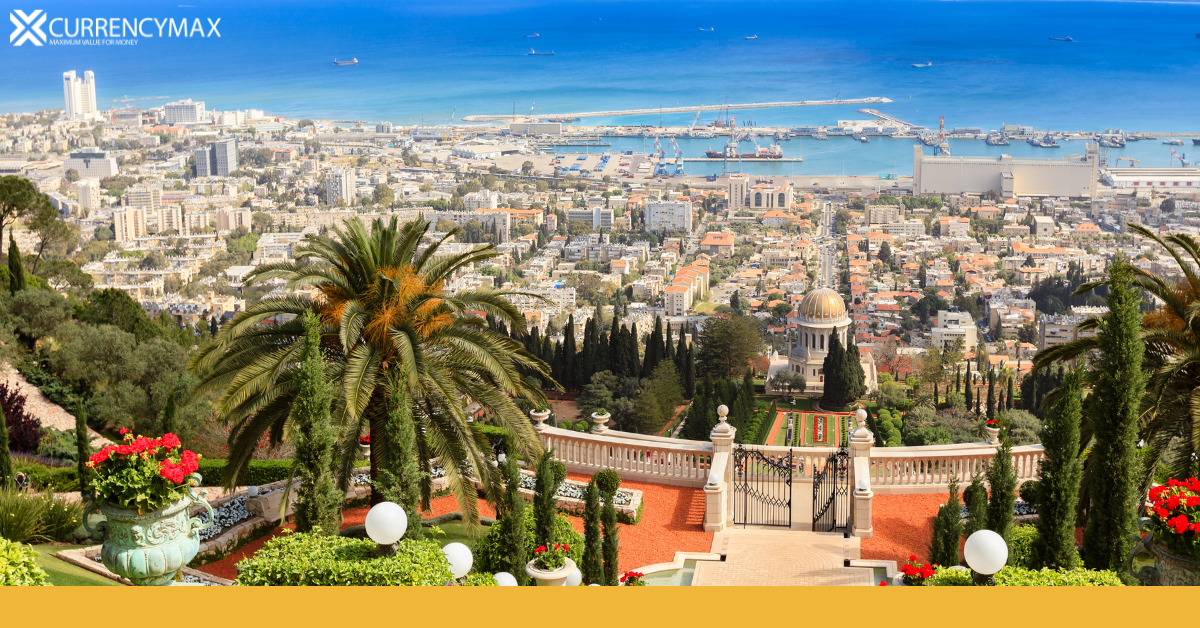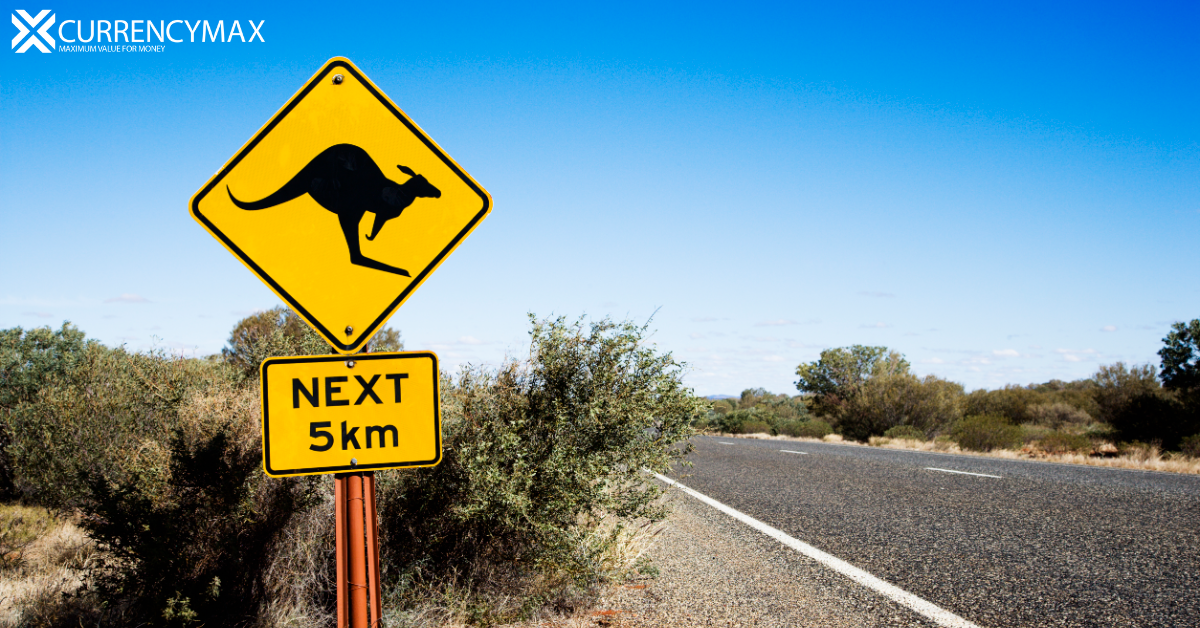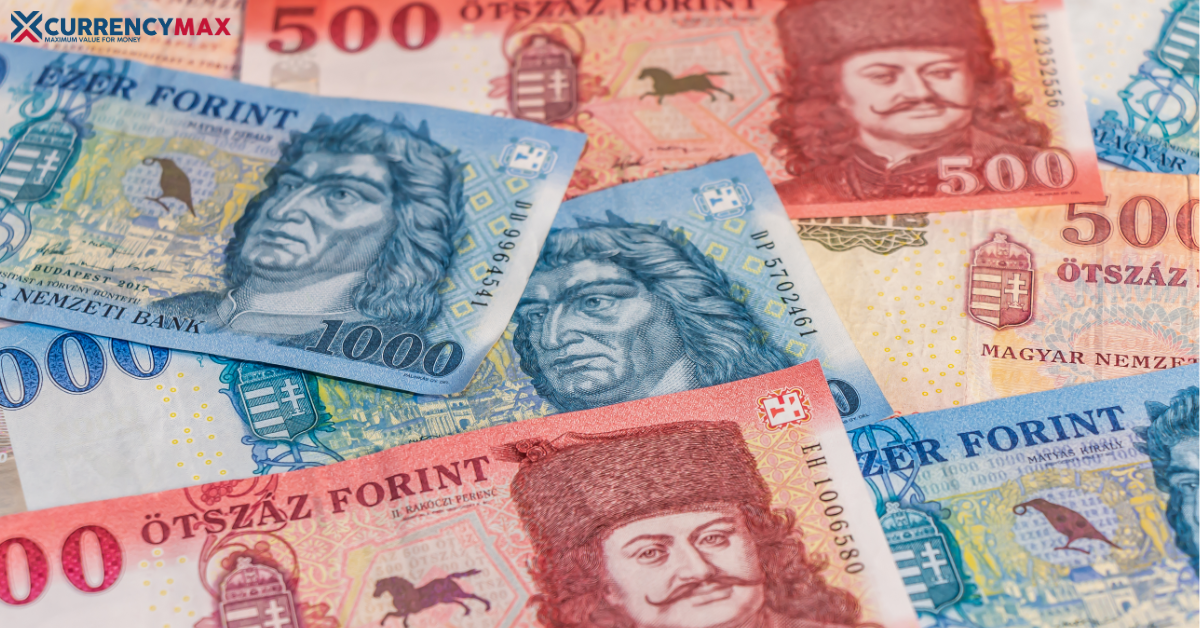Hong Kong is a vibrant and dynamic city that offers a unique blend of Eastern and Western cultures. From its iconic skyline and bustling markets to its tranquil temples and scenic hiking trails, Hong Kong has something for every traveler. For UK holidaymakers planning a trip to this fascinating destination, it’s important to be well-prepared to make the most of your visit. Here are some essential travel tips to ensure a smooth and enjoyable experience in Hong Kong.
1. Plan Your Trip Ahead
Research and Itinerary
Start by researching the top attractions, activities, and neighborhoods in Hong Kong. Create a rough itinerary that includes must-see sites like Victoria Peak, the Big Buddha on Lantau Island, and the vibrant streets of Mong Kok. Don’t forget to allocate time for leisurely strolls along the Tsim Sha Tsui Promenade and visits to cultural landmarks like Man Mo Temple.
Travel Documents
Ensure your passport is valid for at least six months beyond your planned stay. UK citizens can enter Hong Kong visa-free for stays of up to 180 days, but always check for any updates on entry requirements.
2. Getting There
Flights
Numerous airlines operate direct flights from major UK cities like London to Hong Kong International Airport (HKG). Book your tickets well in advance to secure the best rates. Consider flying during the off-peak season to save money and avoid crowds.
Arrival
Upon arrival at Hong Kong International Airport, follow the signs to immigration. The airport is well-organized, and English signage is abundant, making navigation easy. After clearing customs, you can take the Airport Express train, taxis, or buses to reach your accommodation.
3. Accommodation
Choosing the Right Area
Hong Kong offers a wide range of accommodation options, from luxury hotels to budget hostels. Popular areas for tourists include:
- Central: Ideal for business travelers and those who enjoy upscale shopping and dining.
- Tsim Sha Tsui: Known for its vibrant nightlife, shopping, and proximity to the waterfront.
- Causeway Bay: A shopping haven with a variety of restaurants and entertainment options.
- Mong Kok: Perfect for budget travelers, offering bustling markets and affordable eateries.
Booking
Book your accommodation in advance, especially if you’re traveling during peak seasons like Chinese New Year or the Hong Kong Sevens rugby tournament. Websites like Booking.com and Airbnb offer a variety of options to suit different budgets and preferences.
4. Currency and Money Matters
Currency Exchange
The local currency is the Hong Kong Dollar (HKD). Exchange a small amount of money before you depart for immediate expenses upon arrival. For the best exchange rates, use local exchange counters or withdraw cash from ATMs in Hong Kong.
Payment Methods
Credit cards are widely accepted in hotels, restaurants, and larger stores. However, it’s advisable to carry some cash for small purchases, street food, and markets. The Octopus card, a rechargeable smart card, is highly convenient for public transportation and can also be used at convenience stores, fast-food restaurants, and vending machines.
5. Getting Around
Public Transport
Hong Kong boasts an efficient and affordable public transportation system. The Mass Transit Railway (MTR) is the quickest way to get around, with extensive coverage across the city. Buses, trams, and ferries are also excellent options.
- Octopus Card: Purchase an Octopus card upon arrival for seamless travel on public transport. It can be topped up at MTR stations, convenience stores, and online.
- Taxis: Taxis are plentiful and reasonably priced. Ensure the meter is used, and note that there may be surcharges for luggage, tolls, and late-night rides.
Walking
Hong Kong is a pedestrian-friendly city, with many attractions within walking distance of each other. Wear comfortable shoes and be prepared for hilly terrain and numerous staircases.
6. Weather and What to Pack
Climate
Hong Kong has a subtropical climate with four distinct seasons:
- Spring (March to May): Mild and pleasant, with occasional showers. Pack light layers and a raincoat.
- Summer (June to August): Hot and humid, with frequent rain and thunderstorms. Wear lightweight, breathable clothing and carry an umbrella.
- Autumn (September to November): Warm and dry, considered the best time to visit. Pack light layers.
- Winter (December to February): Cool and dry, but rarely freezing. A light jacket or sweater should suffice.
Packing Essentials
- Comfortable walking shoes
- Rain gear (umbrella or raincoat)
- Lightweight clothing for summer
- Layered clothing for cooler months
- Adapters for UK plugs (Hong Kong uses Type G sockets)
- Travel insurance
7. Cultural Etiquette
Greetings and Interactions
- Politeness: Hong Kong locals are generally polite and reserved. A simple handshake is an acceptable greeting.
- Respect: Show respect in temples and religious sites by dressing modestly and speaking quietly.
- Queueing: Queuing is strictly observed, especially in public transport and service counters.
Dining Etiquette
- Chopsticks: When eating with chopsticks, never stick them upright in your food, as this resembles funeral rites.
- Sharing Dishes: In Chinese restaurants, dishes are often shared. Use the serving spoons provided to transfer food to your bowl or plate.
- Tipping: Tipping is not mandatory, but appreciated. A 10% service charge is often included in the bill at restaurants.
8. Food and Drink
Local Cuisine
Hong Kong is a culinary paradise, offering a diverse array of dishes:
- Dim Sum: Bite-sized portions of steamed, fried, or baked food served in bamboo baskets. Popular items include dumplings, buns, and rolls.
- Roast Meat: Try roast duck, goose, and pork at local eateries.
- Seafood: Fresh seafood is abundant and often prepared Cantonese style.
- Street Food: Sample local snacks like fish balls, egg waffles, and stinky tofu at street stalls.
Drinking Water
Tap water in Hong Kong is generally safe to drink, but most locals prefer to drink boiled or bottled water. Carry a refillable water bottle to stay hydrated, especially in the hot summer months.
9. Sightseeing and Activities
Must-See Attractions
- Victoria Peak: Take the Peak Tram for stunning views of the city skyline.
- Star Ferry: Ride the iconic Star Ferry across Victoria Harbour for a picturesque journey.
- Lantau Island: Visit the Big Buddha and Po Lin Monastery, and explore Ngong Ping Village.
- Temple Street Night Market: Experience the bustling night market with its myriad of stalls selling everything from clothes to street food.
Outdoor Activities
- Hiking: Explore scenic trails like Dragon’s Back and the MacLehose Trail.
- Beaches: Relax at beaches like Repulse Bay and Shek O.
- Parks: Enjoy the natural beauty of parks like Hong Kong Park and Kowloon Walled City Park.
10. Shopping
Markets
- Ladies’ Market: Shop for fashion, accessories, and souvenirs in Mong Kok.
- Temple Street Night Market: Browse stalls for gadgets, antiques, and local delicacies.
- Stanley Market: Find unique items like Chinese artwork, silk garments, and curios.
Malls
- IFC Mall: A luxury shopping center in Central with high-end brands and dining options.
- Harbour City: One of the largest malls in Hong Kong, offering a mix of international brands and local boutiques.
- Times Square: A popular shopping and entertainment complex in Causeway Bay.
11. Safety and Health
Personal Safety
Hong Kong is generally a safe city with low crime rates. However, it’s always wise to take standard precautions:
- Avoid displaying valuables: Keep your belongings secure, especially in crowded areas.
- Stay alert: Be mindful of your surroundings, particularly in busy markets and tourist spots.
Health Precautions
- Vaccinations: Ensure your routine vaccinations are up to date. Consider additional vaccines like Hepatitis A and Typhoid if you plan to eat street food.
- Travel Insurance: Obtain comprehensive travel insurance that covers medical emergencies, trip cancellations, and lost belongings.
- Local Healthcare: Familiarize yourself with the location of nearby hospitals and clinics. Public hospitals provide quality care, but private clinics may offer faster service.
12. Language and Communication
Language
While Cantonese is the dominant language, English is widely spoken, especially in tourist areas, hotels, and major attractions. Signs and menus are often bilingual, making it easier for English-speaking visitors.
Useful Phrases
Learning a few basic Cantonese phrases can enhance your travel experience:
- Hello: 你好 (néih hóu)
- Thank you: 多謝 (dòjeh)
- Yes: 係 (haih)
- No: 唔係 (m̀haih)
- Excuse me/Sorry: 對唔住 (deui m̀ jyuh)
13. Connectivity
Internet Access
Hong Kong offers excellent internet connectivity. Free Wi-Fi is available in many public places, including MTR stations, shopping malls, and cafes. Consider purchasing a local SIM card or portable Wi-Fi device for uninterrupted access.
SIM Cards and Roaming
Local SIM cards can be purchased at the airport, convenience stores, and telecom shops. They provide affordable data and call packages. Check with your







